Table of Contents
Introduction to Artificial Intelligence in Healthcare
The healthcare sector, traditionally reliant on human expertise and manual interventions, is on the cusp of a profound transformation. This metamorphosis stems primarily from the integration of Artificial Intelligence, commonly known as AI. As we delve deeper into what AI brings to the table, it becomes apparent that its potential is not just significant but revolutionary.
At its core, AI embodies the principle of enabling machines to mimic human intelligence processes. In simpler terms, it’s about creating computers and software that can think, analyze, and make decisions akin to human brains. But how does this translate to healthcare? Imagine diagnostic processes that once took days, now being reduced to mere minutes with heightened accuracy. Think of personalized treatment plans curated in real time, based on a patient’s unique genetic makeup and history. Such innovations are just the tip of the iceberg when it comes to AI’s applications.
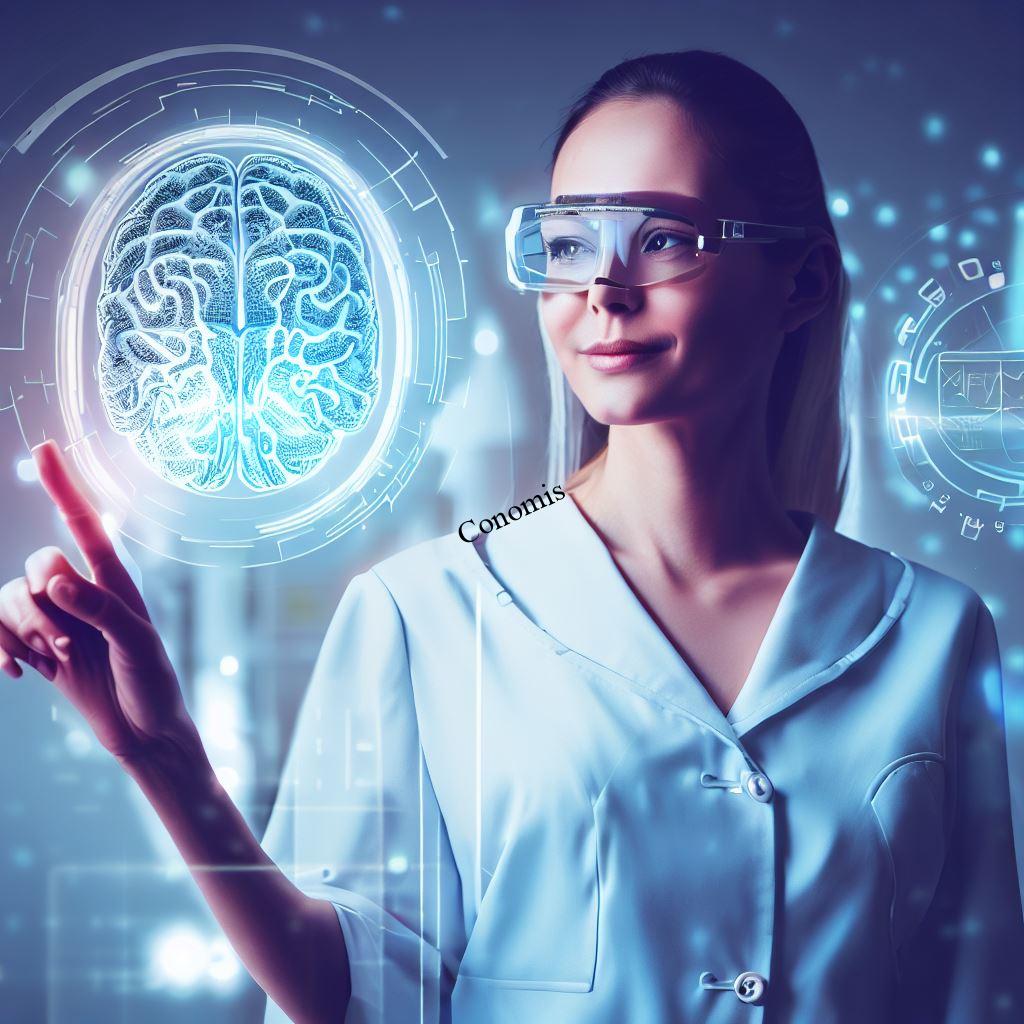
A particularly transformative aspect of AI in healthcare is its predictive capability. Healthcare isn’t just about treating illnesses; it’s equally about preventing them. With AI, we now have tools that can sift through vast amounts of patient data, identify patterns, and predict potential health risks. This means timely interventions, targeted treatments, and overall better patient outcomes.
But perhaps the most compelling testament to AI’s potential is the paradigm shift in how we perceive the future of this sector. When we reach a point where computers don’t just assist but understand and even anticipate healthcare needs, it signals a new era. An era where the lines between technology and healthcare blur, leading to a more efficient, effective, and patient-centric system. In essence, the dawn of AI heralds a future where the realm of medical possibilities is boundless.
Understanding Healthcare’s Clinical Diagnosis
Definition and Importance
Healthcare, as a discipline, is vast and multifaceted, but at its very core lies the crucial component of clinical diagnosis. The term ‘clinical diagnosis’ might sound intricate, but its essence is quite straightforward. It involves the process of identifying a health condition or disease by evaluating the symptoms presented by a patient. This practice is akin to piecing together a puzzle, where each symptom acts as a piece leading to a clearer picture of the patient’s health.
The role of clinical diagnosis within the healthcare system cannot be overstated. It serves as the foundational step upon which subsequent medical decisions are based. Without an accurate diagnosis, treatment plans can be misaligned, leading to ineffective care, unnecessary medical procedures, or even potential harm. Moreover, in many instances, time is of the essence. Certain health conditions require prompt diagnosis and intervention to prevent complications. For example, in conditions like stroke or heart attack, minutes can mean the difference between recovery and long-term impairment, or even life and death.
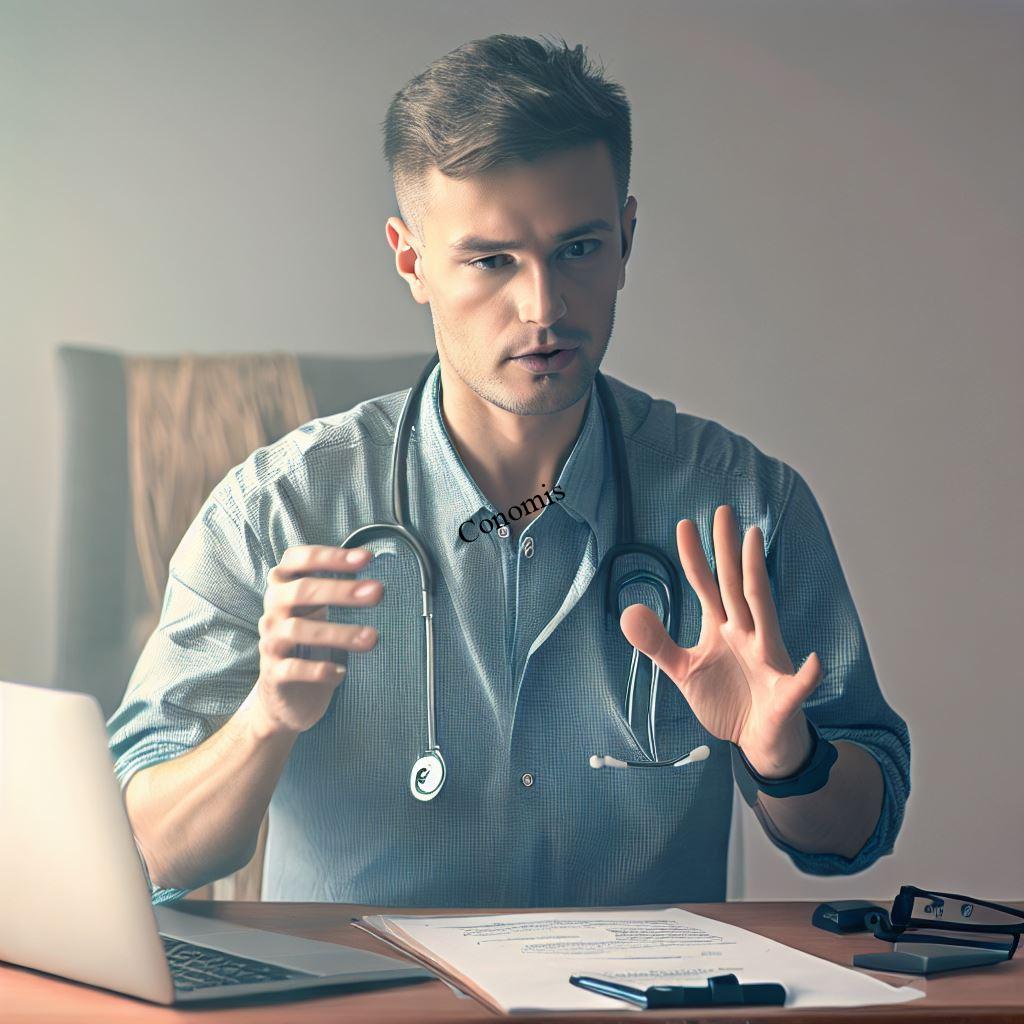
Furthermore, the repercussions of clinical diagnosis go beyond immediate medical decisions. They play a pivotal role in the patient’s healthcare journey. An accurate diagnosis can bring relief to a patient, offering clarity amid uncertainty. Conversely, a misdiagnosis can lead to a cascade of emotions, from frustration and distrust in the healthcare system to the anxiety of facing unknown health challenges.
In the grand tapestry of healthcare, outcomes are influenced by a multitude of factors: medical expertise, technological advancements, patient compliance, and more. Yet, the starting point of this intricate dance remains the clinical diagnosis. It’s the linchpin that holds the system together, emphasizing its paramount importance. As healthcare continues to evolve, the emphasis on accurate, timely, and patient-centric diagnosis remains a constant, underlining its undying significance in the realm of medicine.
Traditional vs. Healthcare’s AI-assisted methods
The evolution of healthcare practices over the years offers a fascinating study in contrasts. Traditionally, the realm of healthcare was largely dictated by human experience and intuition. Medical professionals, with years of education and hands-on experience, stood at the helm, using their expertise to interpret symptoms, make diagnoses, and recommend treatments. This traditional model, though highly effective in many instances, has its inherent limitations. Human judgments, no matter how expert, can be influenced by factors like fatigue, cognitive biases, and the sheer volume of information that needs to be processed.
Enter the era of Artificial Intelligence (AI), and we witness a tectonic shift in the diagnostic landscape. AI, with its ability to analyze vast datasets, recognize patterns, and learn from them, offers a complement to human expertise. Instead of replacing the human touch, AI augments it, providing tools that can assist doctors in making more informed decisions. For instance, imagine an AI system that can scan hundreds of medical images in minutes, identifying anomalies that might be missed by the human eye. Such capabilities not only speed up the diagnostic process but also enhance its accuracy.

Yet, the transition from traditional to AI-assisted methods isn’t just about faster computations or better algorithms. It represents a broader transformation in how healthcare approaches patient care. With AI, there’s a move towards more personalized medicine, where treatments can be tailored based on an individual’s genetics, lifestyle, and other unique factors. Moreover, predictive analytics, a facet of AI, allows healthcare professionals to anticipate potential health issues, shifting the focus from reactive care to proactive prevention.
In conclusion, while traditional healthcare methods grounded in human expertise have served us well, the integration of AI offers a new paradigm. This fusion of human intuition with machine intelligence promises a healthcare future that’s not only faster and more efficient but also more personalized and predictive. The horizon of AI-assisted healthcare is vast, and we’re only beginning to explore its immense potential. As we navigate this transition, it’s crucial to remember that AI doesn’t aim to replace the invaluable human touch in healthcare. Instead, it seeks to enhance, support, and elevate the expertise of medical professionals, ensuring that patients receive the best possible care informed by both human experience and cutting-edge technology.
Healthcare’s AI-driven Advantages in Clinical Diagnosis
Speed and Accuracy
In the multifaceted world of healthcare, two attributes often take center stage: speed and accuracy. These twin pillars are crucial because, in many cases, they can directly influence patient outcomes, dictate treatment pathways, and determine overall healthcare efficiency. Traditional methods, relying heavily on human expertise, have rendered invaluable services over the years. However, as the volume of data burgeons, there’s a pressing need for tools that can swiftly process and accurately interpret this information. This is where Artificial Intelligence (AI) makes its indomitable mark.
AI’s integration is akin to ushering in a new era of diagnostic prowess. The sheer computational power of AI algorithms allows them to trawl through vast datasets in a fraction of the time a human would take. For instance, in medical imaging, where every minute detail can be vital, AI-powered systems can scan and analyze countless images rapidly, ensuring that no crucial detail is overlooked. This speed doesn’t just enhance efficiency; it can also be lifesaving in critical situations where every moment counts.

But it’s not just about speed. The true magic of AI lies in its precision. Traditional diagnostic methods, even with the best of human expertise, can sometimes be subjective, influenced by factors like fatigue or cognitive biases. In contrast, AI operates with a consistency that’s hard to match. By recognizing intricate patterns, often imperceptible to the human eye, and learning from each new piece of data, AI brings a level of accuracy that’s revolutionizing healthcare diagnostics. This precision means fewer diagnostic errors, more tailored treatments, and better patient outcomes.
In wrapping up, the promise of AI is undeniably transformative. By merging unparalleled speed with razor-sharp accuracy, AI stands poised to redefine the landscape of healthcare diagnostics. As we continue to harness the power of AI, the horizon looks promising, with a future where diagnostics are not only swift but also incredibly precise, heralding better care for all.
Predictive Analysis in Healthcare
The evolution of healthcare is an ongoing journey, and in recent times, a significant paradigm shift is becoming evident. Traditionally, healthcare systems predominantly operated on a reactive model, responding to ailments as they manifested. Today, however, with the advent of AI, there’s a transformative move towards a predictive model.
Artificial Intelligence, with its unmatched data processing capabilities, is proving to be a game-changer in this space. By meticulously analyzing vast troves of patient records, AI systems can identify subtle patterns and trends often missed in conventional examinations. These patterns, derived from a patient’s medical history, genetic information, lifestyle choices, and more, offer invaluable insights into potential future health risks.
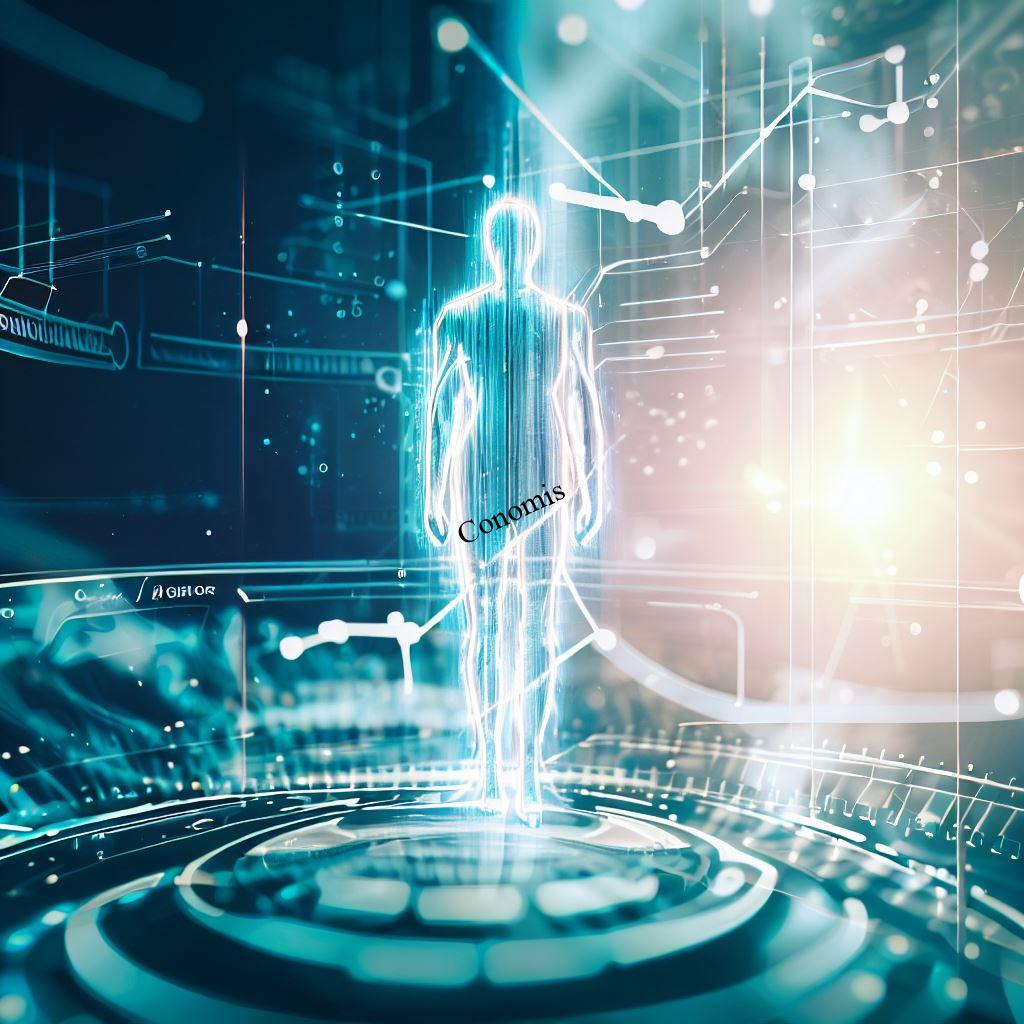
This forward-looking approach means that doctors and medical professionals can now anticipate health issues before they become critical. Such early detection often translates to more effective interventions, personalized treatment plans, and most importantly, better patient outcomes. As AI continues to refine its analytical prowess, the vision for health care is clear: a proactive, predictive system that prioritizes prevention as much as treatment.
Accessibility and Convenience in Healthcare
The realm of healthcare has always been dynamic, constantly adapting and evolving to meet the needs of its beneficiaries. One of the most profound shifts we’re witnessing in contemporary times revolves around the twin pillars of accessibility and convenience, significantly propelled by Artificial Intelligence (AI).
AI-powered health care is reshaping the very notion of a medical appointment. Gone are the days when seeking expert diagnostics meant long waits at clinics or navigating the bustling corridors of hospitals. Today, thanks to AI, a plethora of healthcare services are now accessible right from the sanctuary of one’s home. Sophisticated AI algorithms can analyze medical data, provide preliminary diagnostics, or even monitor chronic conditions, all remotely.
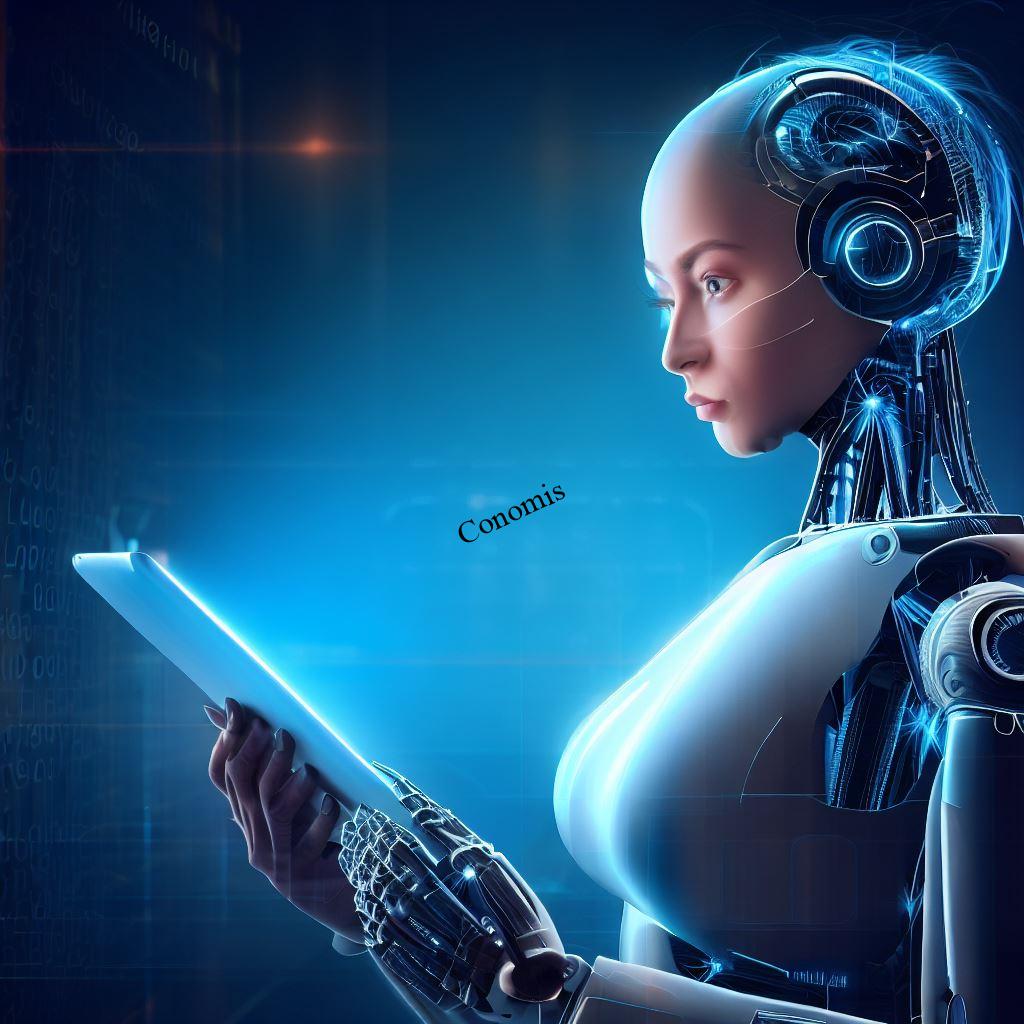
But it’s not just about remote consultations. The convenience factor extends to how swiftly and efficiently AI can process information. For patients, this means quicker results, less uncertainty, and more timely interventions. Furthermore, with AI-driven mobile apps and telehealth platforms, scheduling, follow-ups, and even real-time health monitoring become incredibly streamlined. In essence, with AI in the mix, healthcare isn’t just about treating conditions; it’s about delivering an enhanced, patient-centric experience marked by unprecedented convenience and accessibility.
Challenges of AI in Healthcare
Healthcare’s Data Learning Curve
In the intricate dance of healthcare and Artificial Intelligence (AI), data emerges as the star performer. It’s the lifeblood that fuels AI’s capabilities, allowing systems to analyze, learn, and predict. However, as central as data is to AI’s efficacy, it also presents its set of challenges, particularly when the dataset is insufficient.
An AI system is only as good as the data it’s trained on. In the realm of health care, where precision is paramount, a paucity of data can be particularly problematic. When AI algorithms don’t have access to comprehensive datasets, they may not capture the full spectrum of medical scenarios. This shortfall can hinder the system’s learning curve, leading to potential inaccuracies or misinterpretations.
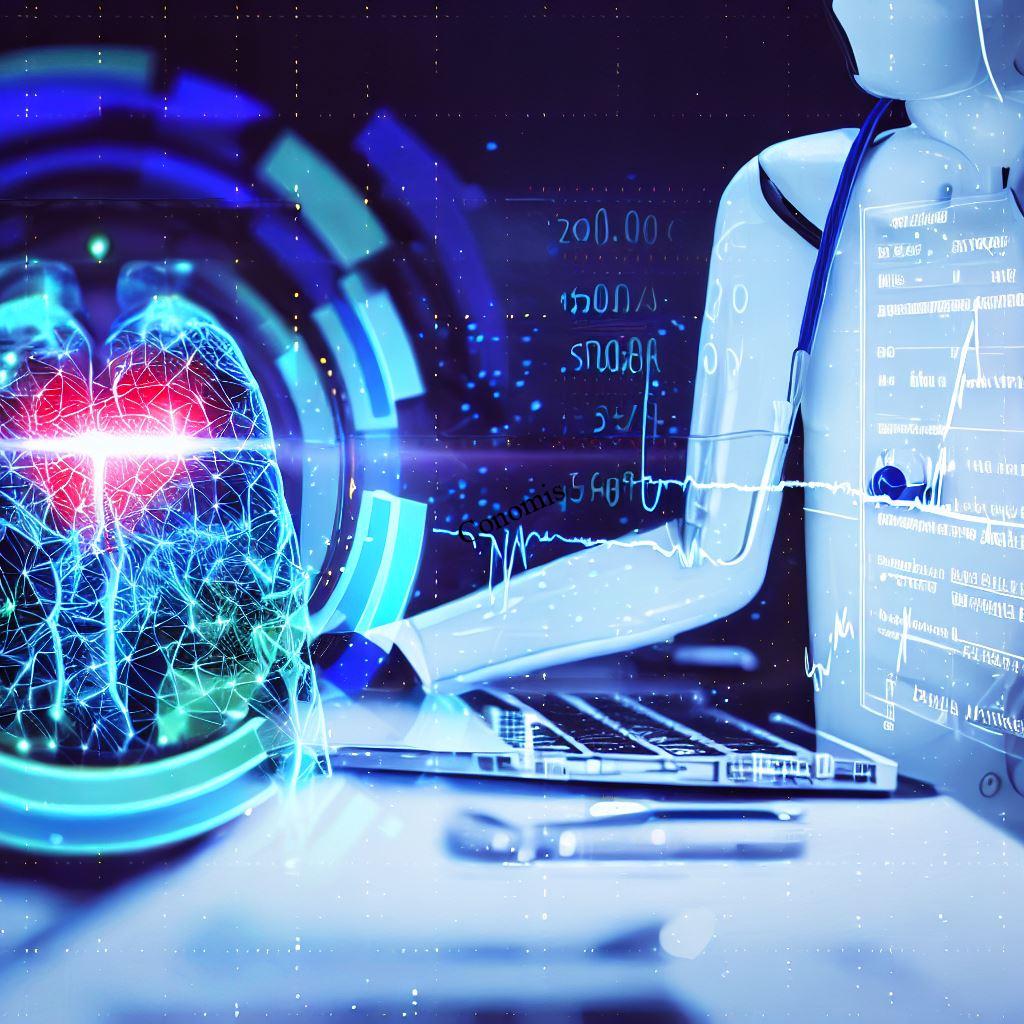
Moreover, the unique nature of health care data, often deeply personal and diverse, compounds the challenge. Gaps in data, whether due to underrepresented populations or overlooked conditions, can result in biases, potentially skewing diagnostics and treatments. Thus, while AI holds transformative potential for health care, it’s imperative to recognize and address the challenges of data sufficiency. Ensuring robust, diverse, and comprehensive datasets is not just a technical requisite but a cornerstone for delivering equitable and effective AI-powered health care.
The Importance of Interpretability in Healthcare
The integration of Artificial Intelligence (AI) in health-care has been nothing short of revolutionary. Its potential in diagnostics, personalized medicine, and predictive analytics is undeniably transformative. However, with this progression comes the critical issue of interpretability, especially in a sector where trust and transparency are paramount.
At the heart of the concern lies the ‘black-box’ nature of many AI algorithms. These systems, while highly efficient, often make decisions based on complex computations that aren’t readily understandable to humans. In most sectors, not knowing the inner workings might be acceptable, but in health care, where decisions can directly impact lives, this opacity can pose significant challenges. Health-care professionals are trained to make informed decisions based on evidence and reasoning; hence, when an AI tool suggests a particular diagnosis or treatment plan, they naturally seek the rationale behind it.
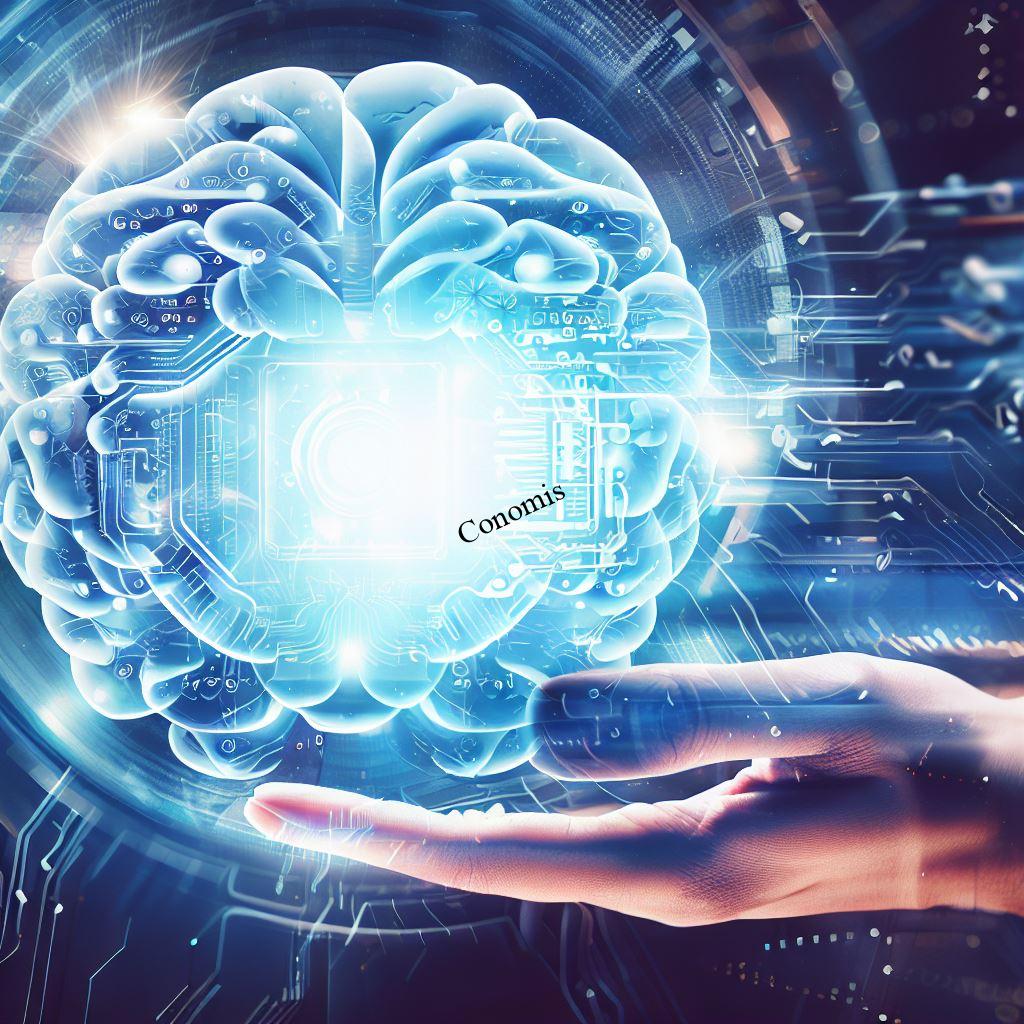
Interpretability isn’t just about trust; it’s also about accountability. In scenarios where AI-driven decisions lead to unforeseen complications, understanding the decision-making process becomes vital. It helps in tracing back the origins of the issue, facilitating learning, and refining the system for future applications.
In essence, for AI to truly be embraced by the health-care community, it needs to shed its black-box image. The quest now is not just for smarter algorithms but also for more transparent ones. As the AI-healthcare partnership continues to deepen, the emphasis on interpretability will be crucial, ensuring that AI tools are not just efficient, but also comprehensible and trustworthy.
Healthcare and Threats to Individual Privacy
Healthcare’s Data Security Concerns
In the vast landscape of health care, patient data stands as a pivotal cornerstone. This data, often deeply personal and sensitive, encapsulates a patient’s health history, diagnoses, treatments, and even genetic information. As such, the protection of this data isn’t just a technical obligation but a moral imperative.
With the technological surge, particularly with the integration of Artificial Intelligence (AI) and other digital tools, the volume and granularity of patient data have grown exponentially. While these advancements have facilitated more personalized and efficient care, they’ve also ushered in a new set of challenges around data security.
Modern health care systems, with their interconnected networks and cloud-based storage solutions, are increasingly vulnerable to cyber-attacks. The allure for cybercriminals is evident: health records can fetch a premium in the black market, given the wealth of information they contain. Breaches not only jeopardize patient privacy but can also lead to identity theft, fraud, and a myriad of other malicious activities.

Furthermore, the risk isn’t just external. Insufficient access controls, lack of employee training on data security protocols, or outdated software can create vulnerabilities from within the system itself.
In conclusion, as health-care continues its tryst with cutting-edge technology, ensuring robust data security measures becomes paramount. The goal is clear: to harness the power of technology for better patient care while rigorously safeguarding the very data that powers this evolution. The balance between innovation and security will be crucial in defining the future trajectory of health-care.
Ethical Implications
The integration of Artificial Intelligence (AI) represents a paradigm shift, offering unparalleled advancements in diagnostics, treatment, and patient care. However, as with all monumental shifts, this fusion of technology and medicine brings to the fore a host of ethical considerations that warrant close attention.
At the crux of the ethical debate is the role of machine decision-making within the health-care realm. AI systems, powered by intricate algorithms, can analyze vast datasets and provide insights often beyond human capabilities. But therein lies the question: To what extent should we rely on machines for decisions that impact human lives? When an AI suggests a particular treatment, how do we weigh that against the nuanced expertise of a seasoned medical professional? The challenge is not just technical but deeply philosophical, questioning the essence of decision-making in a life-centric domain like health-care.

Moreover, individual rights emerge as another focal point in this ethical discourse. With AI systems processing extensive patient data, concerns about privacy, consent, and data ownership become paramount. Does a patient have the right to know when and how their data is being used by an AI? What safeguards are in place to ensure data isn’t misused or accessed without proper authorization?
In essence, the marriage of AI and health-care, while promising, is fraught with ethical complexities. As the health care sector continues its AI-powered journey, it becomes imperative to engage in continuous ethical reflections, ensuring that the pursuit of technological excellence doesn’t overshadow fundamental human values and rights.
The Future of AI in Healthcare
The realm of health-care is in the midst of a transformative era, predominantly fueled by the integration of Artificial Intelligence (AI). As we stand at this juncture, it’s worth contemplating the trajectory of AI within the health-care sector and its implications for the future.
One cannot deny the remarkable strides AI has already made in healthcare. From enhanced diagnostics to personalized treatment plans, AI-driven tools are revolutionizing how healthcare professionals approach patient care. Yet, as groundbreaking as these advancements are, they only represent the tip of the iceberg. The real potential of AI in healthcare is still unfolding, and the future looks even more promising.
Looking ahead, we can envision AI systems that not only assist doctors but also empower patients. Imagine AI-powered wearable devices that continuously monitor an individual’s health metrics and predict potential ailments before they manifest. Such proactive healthcare, aided by AI, would shift the focus from disease management to wellness and prevention.
Moreover, the realms of drug discovery and development are poised to benefit immensely from AI. By analyzing complex biochemical interactions, AI can aid in the faster identification of potential drug candidates, significantly reducing the time and costs associated with bringing new treatments to the market.
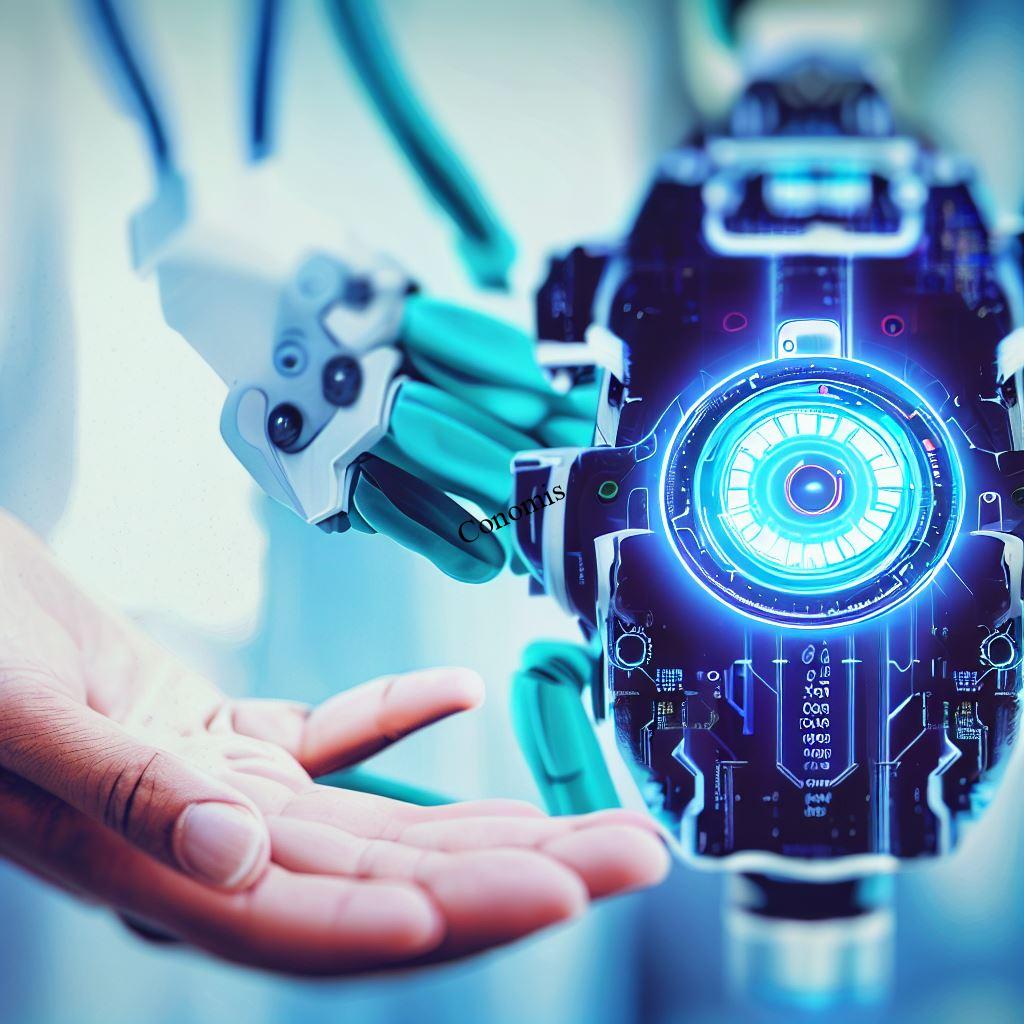
However, with these advancements come challenges. The ethics of machine decision-making, data privacy, and ensuring equitable access to AI-powered healthcare solutions will be significant areas of focus. It will be crucial to strike a balance between harnessing AI’s potential and addressing these concerns.
In conclusion, the future of AI in healthcare is undoubtedly bright, teeming with possibilities. As technology continues to evolve, so will its role in healthcare, bringing about innovations that, a decade ago, might have seemed like mere science fiction. The hope is that with continued research, collaboration, and ethical considerations, AI will truly shape a future where healthcare is more efficient, accessible, and personalized than ever before.
Conclusion on AI’s Role in Healthcare
The integration of Artificial Intelligence (AI) into the healthcare landscape is a testament to the evolving synergy between technology and medicine. As we reflect on AI’s role, especially in the realm of clinical diagnosis, the overarching narrative is one of promise coupled with caution.
AI’s prowess in clinical diagnosis has been remarkable. By analyzing vast sets of data, AI tools can identify patterns, anomalies, and predictive markers that might be challenging for the human eye to discern. This capability augments the expertise of healthcare professionals, enabling more precise and timely diagnoses. The advantages extend beyond diagnostics, too, with AI streamlining administrative tasks, aiding in drug discovery, and personalizing patient care. In essence, AI stands as a beacon of potential, illuminating a path to a more efficient and effective healthcare ecosystem.
However, as is the case with most powerful tools, AI in healthcare doesn’t come without its challenges. The intricacies of machine decision-making, especially in a domain as personal and critical as healthcare, are fraught with complexities. How do we ensure that AI tools are making decisions that are not just accurate but also ethically sound? Additionally, the vast amounts of patient data that AI systems require bring forth pertinent concerns about data privacy and security. Patients need assurance that their sensitive health information won’t be compromised or misused.
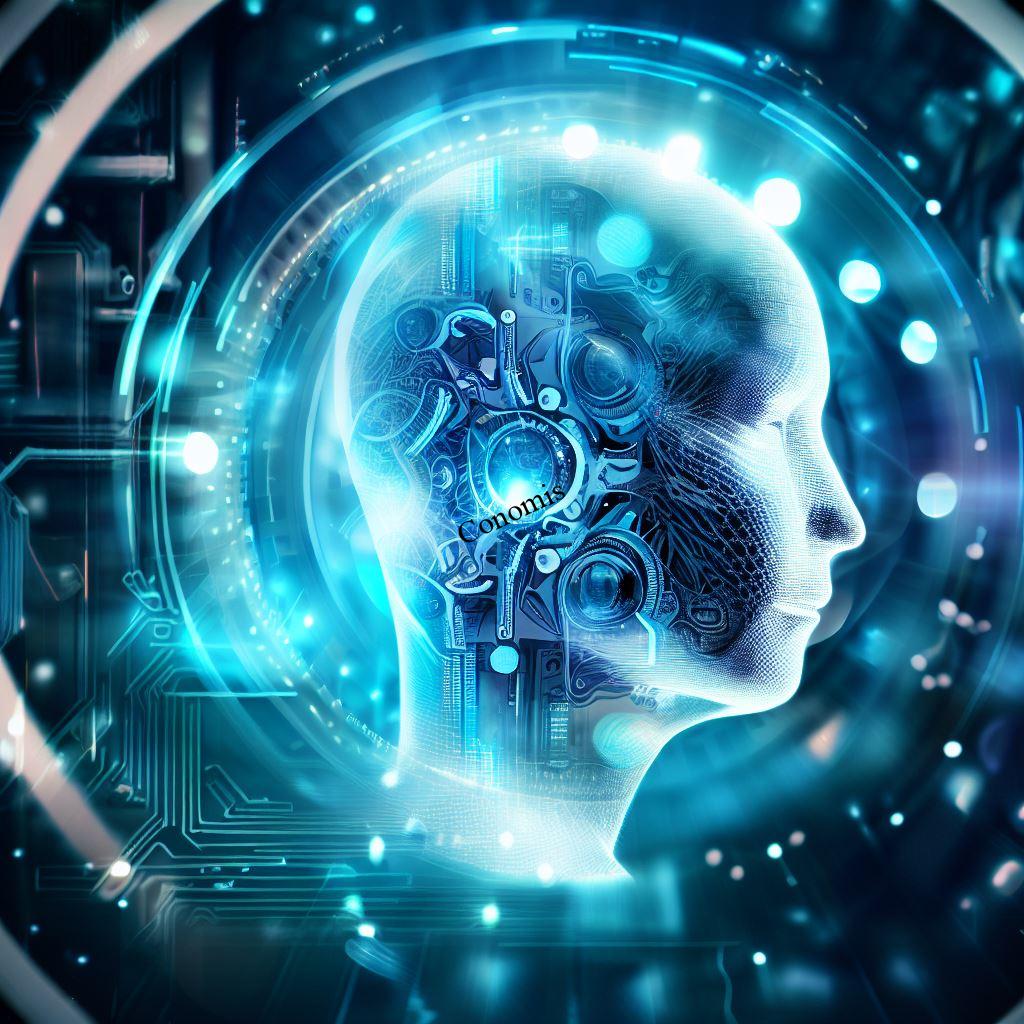
Thus, as healthcare continues its AI-powered journey, it faces the dual challenge of harnessing the technology’s potential while addressing its associated concerns. The ultimate goal is not just about leveraging technology for better healthcare outcomes but ensuring that this transition is rooted in trust, ethics, and patient-centricity.
In wrapping up, AI’s role in healthcare, particularly in clinical diagnosis, offers a vista of exciting possibilities. Yet, as we forge ahead, the equilibrium between technology’s promise and ethical considerations will remain healthcare’s guiding compass.
FAQs
What role does AI play in health-care?
AI aims to bring machine intelligence to the health-care sector, enhancing speed, accuracy, and predictability.
How has AI transformed clinical diagnosis in health-care?
AI has brought speed, precision, and a predictive approach to health-care’s clinical diagnostic methods.
What are the potential risks of AI in health-care?
Health-care faces challenges like data security, ethical concerns, and potential misdiagnosis due to inadequate training in AI systems.
Will AI ever replace human roles in health-care?
AI in health-care is a supplementary tool. While it aids in diagnostics, the human touch and expertise in healthcare are irreplaceable.
Why is securing data crucial in health-care AI?
Personal health information is sensitive. Ensuring data security is crucial to prevent misuse and uphold trust in health-care systems.
You Can Also Read
https://medicalfuturist.com/ten-ways-technology-changing-healthcare/
https://www.ir.com/blog/communications/the-future-of-healthcare-technology
https://www.mckinsey.com/industries/healthcare/our-insights/the-future-of-healthcare
Conomis Thoughts
![]() Copyright 2023 CONOMIS
Copyright 2023 CONOMIS

